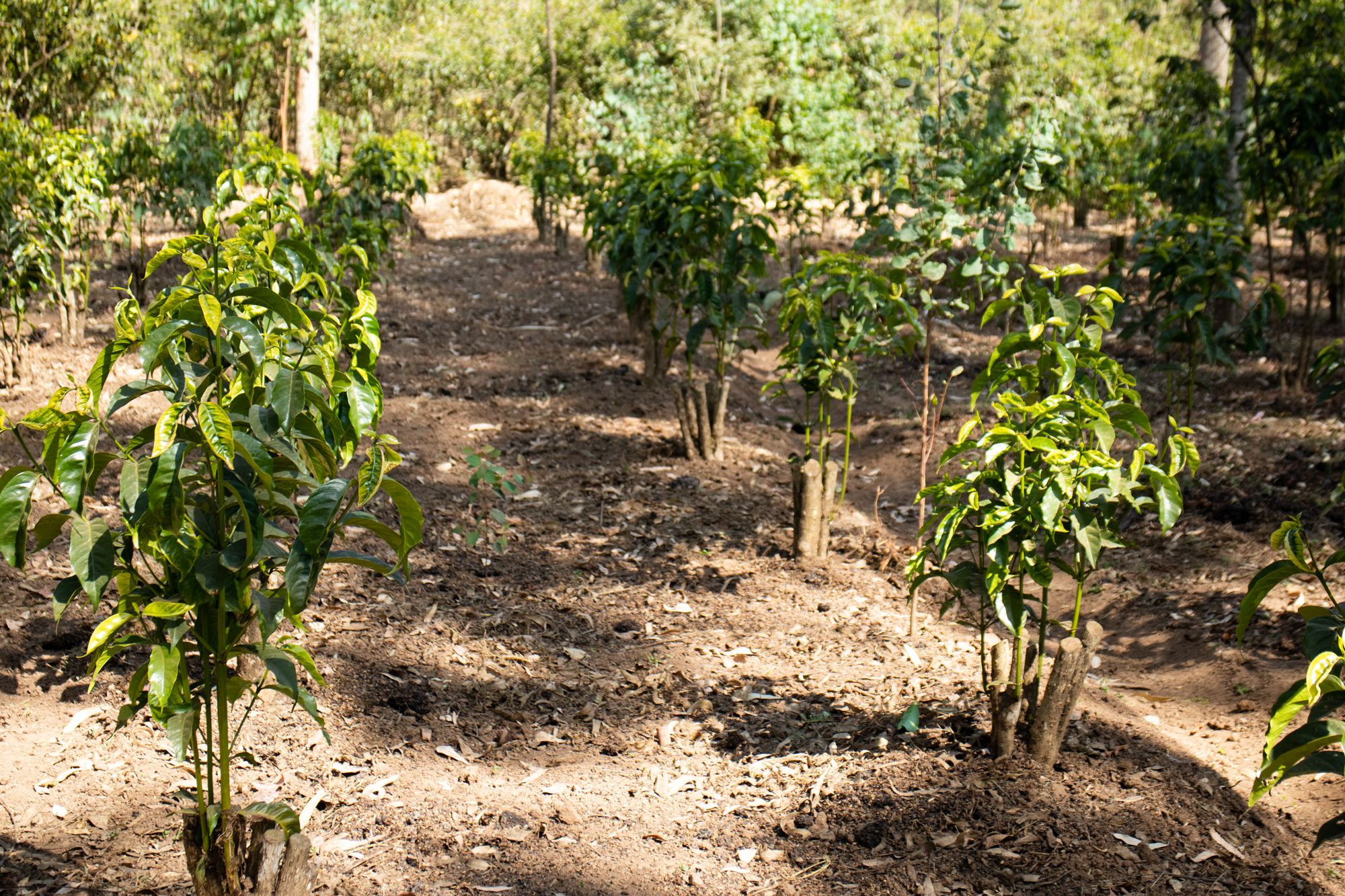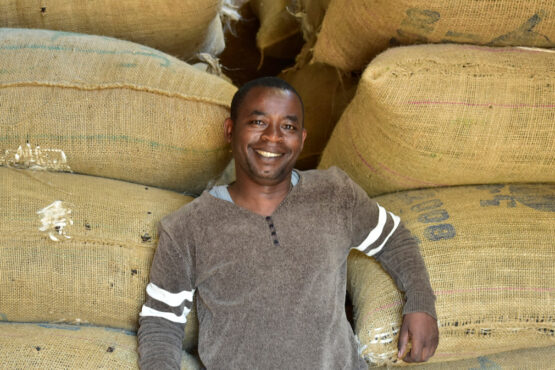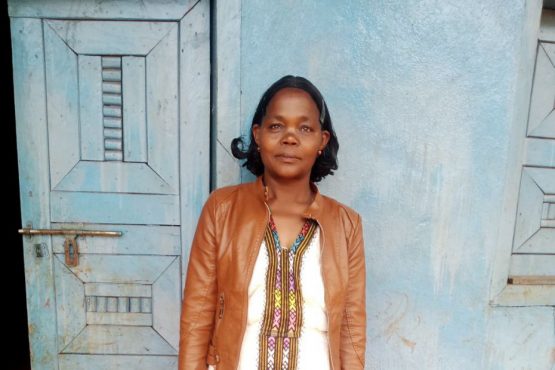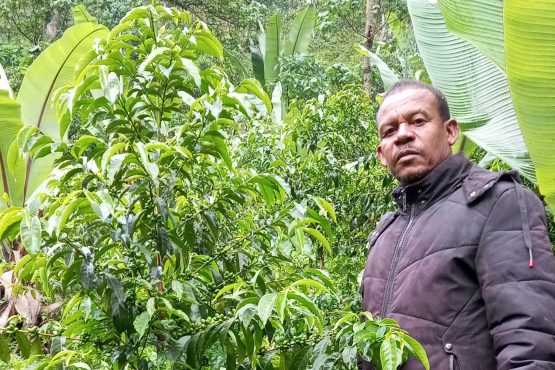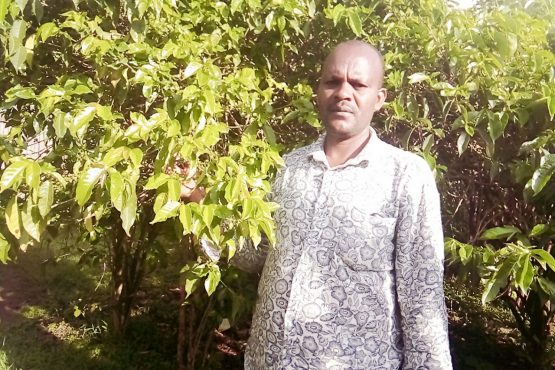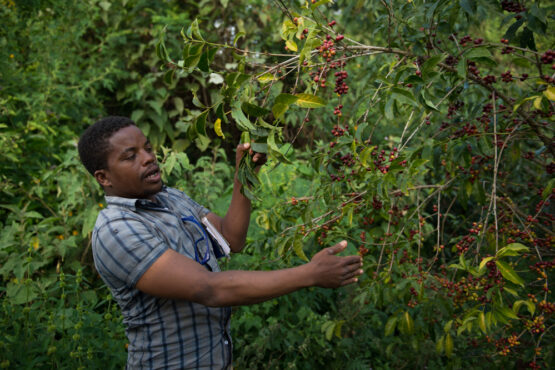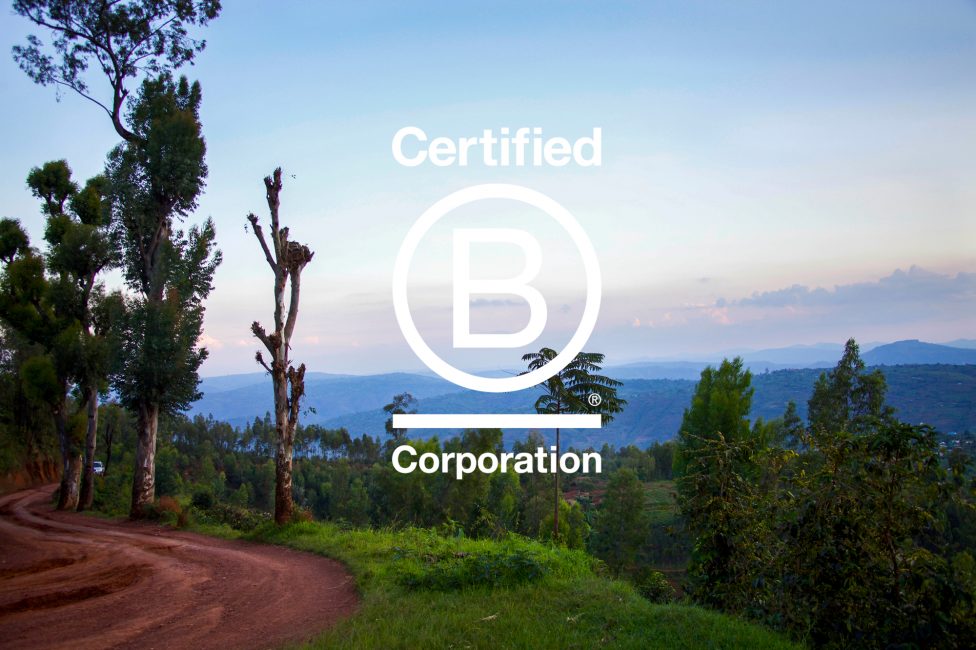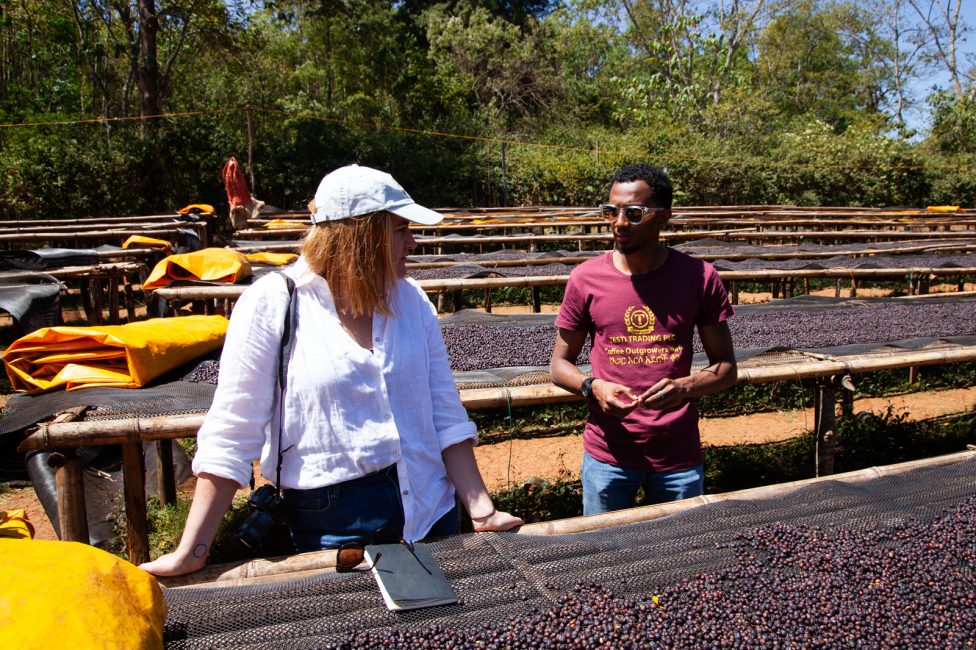The Lalisaa Project
The Lalisaa Project was established by Sucafina Ethiopia in 2018 to support producers in marketing and exporting their coffees outside of the ECX system.
In Amharic, the word ‘lalisaa’ means to grow or flourish. By participating in the program, smallholder coffee farmers and quality-focused coffee washing stations can access support and resources that will help them thrive.
The goal of the project is to improve the quantity and quality of coffee produced by partnered producers, by improving farming and processing practices. This, in turn, will contribute to increased prices and improved social and environmental standards for the producing communities. Ultimately, the project is designed to cultivate a strong, well-informed and independent supply chain that doesn’t rely on financial aid or intervention from exporters and importers.
Over a three-year period, smallholder farmers who have joined the Lalisaa Project progress through three stages of the program: pre-selection, acceleration and graduation. At each stage, they are assessed for participation and engagement and only advance if they meet certain criteria. As they advance through the curriculum, farmers are assisted in creating farm-specific management plans, accessing short-term and long-term financing and attending industry events to connect to international markets and gain industry exposure. Via workshops and farm visits, they also have access to an expert agronomist, who advises on farming and processing practices, including the propagation of seedlings, how and when to use inputs, how to prune, selective harvesting of ripe cherries, and multi-cropping the land.
As of 2023, there are 87 farmers enrolled in the Lalisaa Project curriculum across three micro-regions; Yirgacheffee, Kochere and Gedeb, which are all located within the Gedeo Political Zone. The farmers are visited by agronomist Shimelis Bogale, who is based out of Yirgacheffee and facilitates training sessions and gives farm-specific advice on improving yields and quality. As Shimelis states:
“My main responsibilities are facilitating and coordinating the program; monitoring and evaluating the program and developing agronomy and quality control training modules… I provide training and coaching for coffee producers… from the nursery to the final production stage – picking, sorting, processing, drying, moisture control and controlling jenfel (natural processed) coffee quality”
While Covid-19 stalled some of the goals of the project, many of the participating farmers have recorded an improvement in quality, and many have been able to secure high premiums for their crop from international buyers. We are excited to continue to buy coffee through the Lalisaa Project and to contribute to its ultimate goal of an independent and knowledgeable supply chain.
ABOUT SUCAFINA ETHIOPIA
We have worked with Sucafina Ethiopia as our main Ethiopian supply partner since 2017. Based in Addis Ababa, Sucafina Ethiopia work as a service provider connecting local farmers and exporters (colloquially known as ‘shippers’) with international buyers like MCM. By Ethiopian law, they (and other foreign-owned entities) are not permitted to buy cherries directly, or to own washing stations or mills, however their expertise is invaluable in coordinating multiple shippers, ensuring quality standards are met and handling all logistics in the preparation and local transport of our coffees. Through our shared commitment to responsible sourcing practices, quality and traceability, we have been connected to likeminded shippers such as Testi Coffee and Tracon, who work to produce delicious and consistent coffees while running social programs that directly and meaningfully support coffee farmers and their families.
In addition to providing on-the-ground services, Sucafina launched the Lalisaa Project in 2018, to provide support and resources to coffee producers in the marketing and export of their coffees outside of the ECX system. Through this project, we have connected to quality-focused, independent producers who can sell their coffee more directly. Ultimately, the project is designed to cultivate a strong, well-informed and independent supply chain, that doesn’t rely on financial aid or intervention from exporters and importers.
The Lalisaa Project is part of Sucafina’s FarmerHub initiative, which focuses on the broader needs of the farmers and provides business opportunities outside of coffee production. This program includes the sourcing of alternative crops for farmers who have historically relied solely on coffee for a cash income, creating digital banking platforms that pave the way for more accessible lines of credit, and providing inputs and goods tailored to individual farmer needs.
